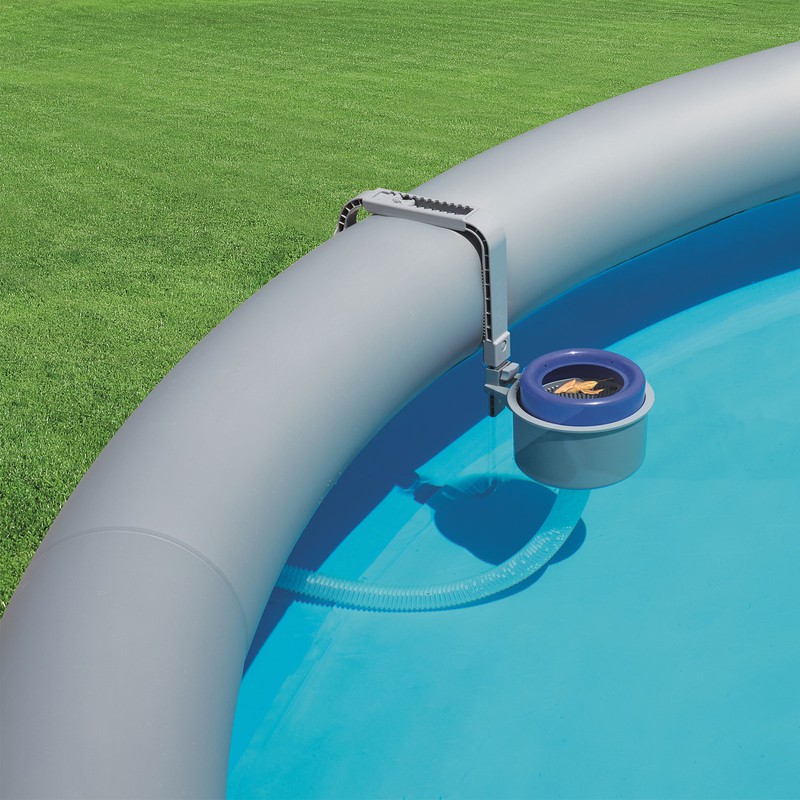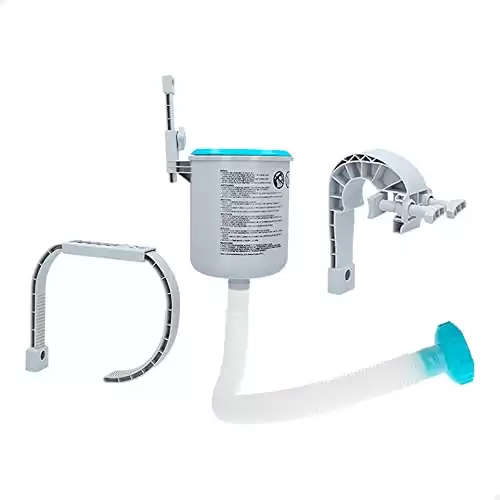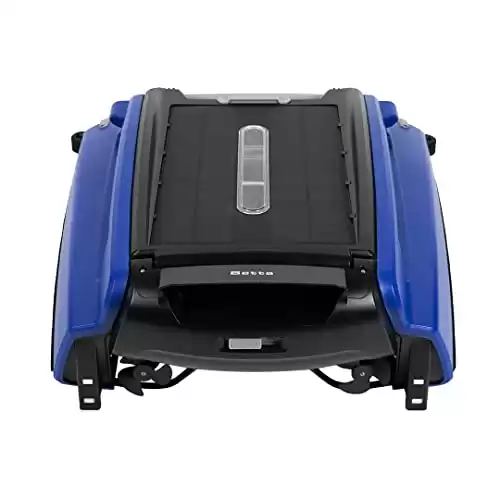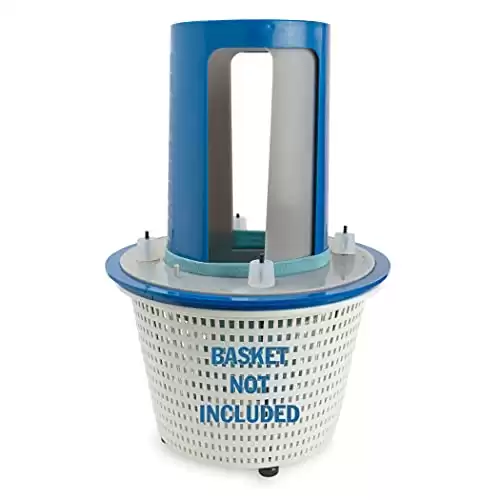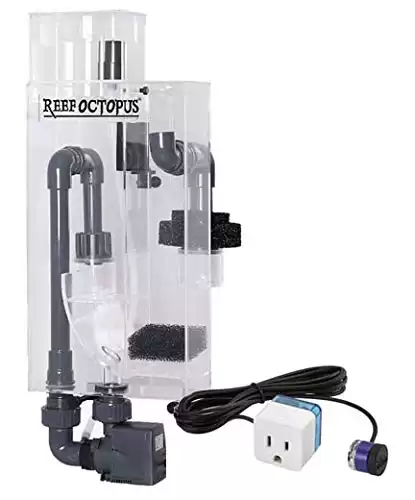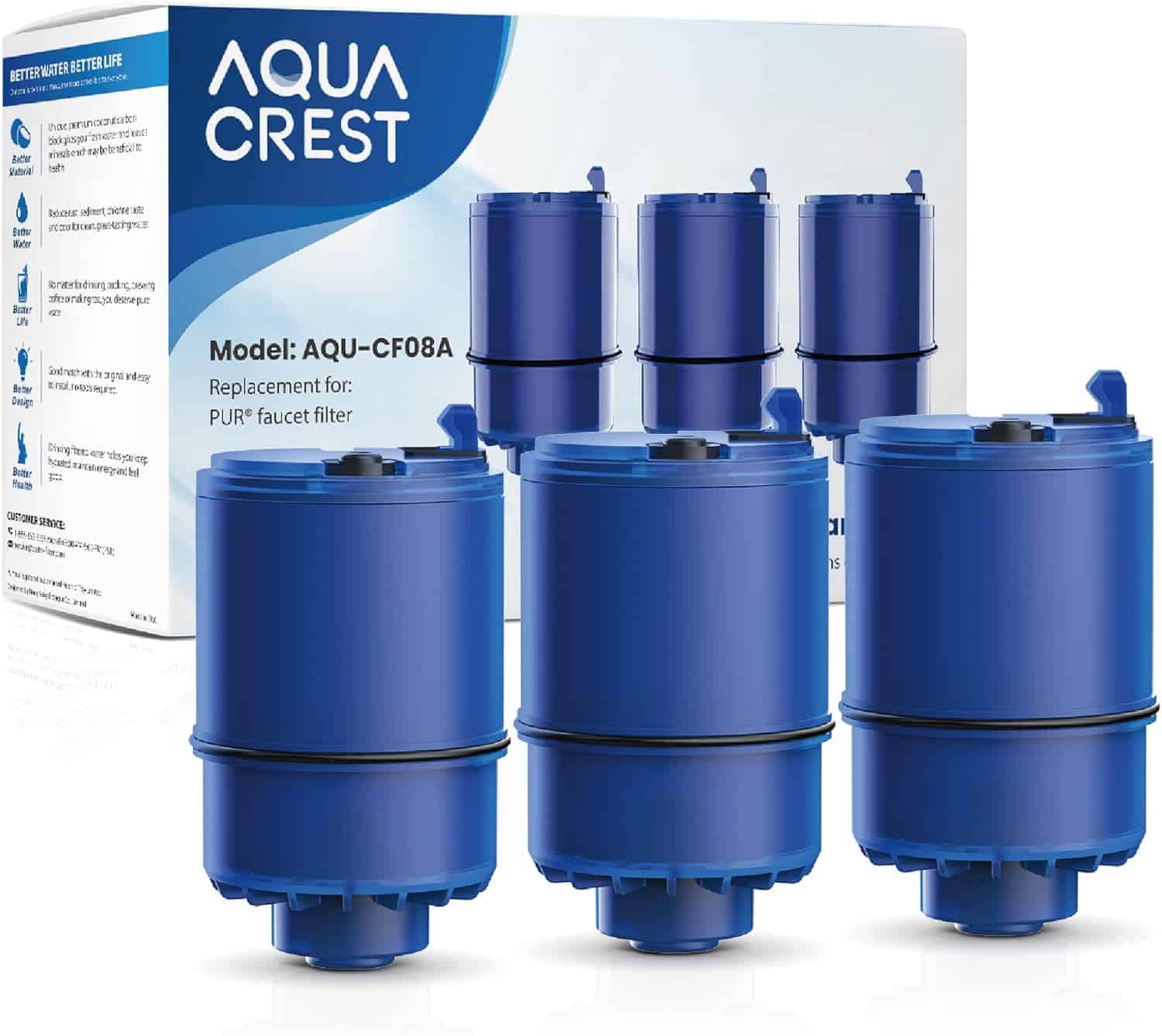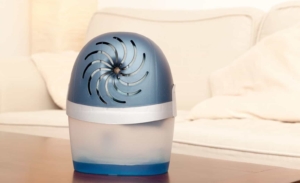Choosing the Right Pool Skimmer: A Buyer’s Guide
Maintaining a clean and sparkling pool is a top priority for any pool owner. Nobody wants to take a dip in a pool filled with debris and leaves. Thankfully, the wonders of modern technology have blessed us with pool skimmers, the unsung heroes of pool maintenance. In this blog, we will explore the magic of pool skimmers, their functionality, and their benefits to residential and commercial pool owners.
What is a Pool Skimmer?
A pool skimmer is a vital component of any swimming pool filtration system. It is typically built into the side wall of the pool and connected to the pool’s circulation system. The primary purpose of a skimmer is to remove debris and contaminants from the pool’s surface water before they sink to the bottom. By doing so, skimmers help keep the water clean and prevent clogging of the pool’s main filter.
How Does a Pool Skimmer Work?
The concept behind a pool skimmer is elegantly simple yet highly effective. A skimmer features a small opening called a weir door, which allows water to flow into the skimmer box. As water enters the skimmer, the weir door floats on the surface, creating a barrier that prevents debris from escaping back into the pool. Any floating debris, such as leaves, insects, and dirt, gets drawn into the skimmer basket, where it is collected for removal.
The skimmer box is connected to the pool’s circulation system, usually through a suction line. The pool pump generates a continuous flow of water, creating a slight vacuum effect within the skimmer. This suction force pulls water, along with debris, into the skimmer, effectively cleaning the pool’s surface.
There are several different types of pool skimmers available, each designed to cater to specific pool configurations and needs. Here are some of the common types of pool skimmers:
1. Standard Wall-Mounted Skimmers: These are the most common type of pool skimmers found in residential pools. They are installed in the sidewall of the pool, typically near the waterline. Standard skimmers feature a weir door, a skimmer basket, and a connection to the pool’s circulation system.
2. In-Ground Skimmers: In-ground pool skimmers are similar to standard wall-mounted skimmers but are designed specifically for in-ground pools. They are installed flush with the pool deck and are usually more aesthetically pleasing, blending seamlessly with the pool’s surroundings.
3. Floating Skimmers: Floating skimmers are innovative devices that float on the surface of the pool. They move around the pool, driven by the water’s flow, and collect debris in a built-in basket. Floating skimmers are an excellent option for pools without built-in skimmers or for spas, hot tubs, and small above-ground pools.
4. Pool Surface Skimmers: Surface-mounted skimmers are commonly used as above-ground pool skimmer or temporary pools. They attach directly to the pool wall and have an opening that extends into the water. These skimmers function similarly to wall-mounted skimmers, collecting debris from the water’s surface.
5. Skimmer Lids and Lids with Auto-Fill: Skimmer lids are an accessory for traditional wall-mounted skimmers. They cover the skimmer opening, preventing debris from entering when the pool is not in use. Some skimmer lids also include an auto-fill feature, which automatically maintains the pool’s water level by adding water when it falls below a certain point.
6. Overflow Skimmers: Overflow skimmers are typically used in high-end or commercial pools. They are installed at the waterline and have a secondary chamber connected to an overflow channel. When the water level rises above a certain point, excess water is collected in the secondary chamber and directed to the pool’s overflow system, helping maintain a consistent water level.
It’s worth noting that some skimmers may have additional features, such as adjustable weir doors, multiple basket compartments, or built-in water-level sensors. The choice of skimmer type depends on factors such as pool type, size, and personal preferences. Consulting with a pool professional or installer can help determine the most suitable skimmer for your specific pool requirements.
Benefits of Pool Skimmers:
1. Debris Removal: One of the primary benefits of a pool skimmer is its ability to remove debris from the water’s surface. This prevents leaves, twigs, and other unwanted materials from sinking to the bottom and causing clogs or damage to the pool’s filtration system.
2. Enhanced Filtration Efficiency: By capturing debris before it reaches the main filter, skimmers improve the overall efficiency of the pool’s filtration system. This means that the filter doesn’t have to work as hard, leading to a longer lifespan for the filter and reduced maintenance costs.
3. Cleaner Water: With an effective skimming system in place, pool owners can enjoy cleaner and more inviting water. By removing debris promptly, skimmers help prevent the accumulation of organic matter, reducing the risk of algae growth and other water quality issues.
4. Time and Energy Savings: A properly functioning pool skimmer can significantly reduce the time and effort required to maintain a pool. Instead of manually skimming the surface with a net, the skimmer automates the process, allowing pool owners to spend more time enjoying their pool and less time on maintenance tasks.
Pool Skimmer Maintenance Tips
To ensure optimal performance, here are a few maintenance tips for pool skimmers:
1. Regular Cleaning: Periodically check the skimmer basket and remove any debris collected inside. A clogged basket can hinder the skimmer’s efficiency.
2. Adjusting the Weir Door: Inspect the weir door regularly to ensure it moves freely and isn’t obstructed. The door should float on the water’s surface without being too loose or too tight.
3. Check for Leaks: Inspect the skimmer box and its connections for any signs of leaks. Leaks can reduce the skimmer’s effectiveness and lead to water loss.
4. Seasonal Maintenance: Before closing the pool for the off-season, winterize the skimmer system by following the manufacturer’s instructions. This typically involves lowering the water level below the skimmer and using freeze plugs or other measures to protect the plumbing.
If your pool skimmer breaks, it can have various implications for your pool’s maintenance and functionality. Here are some possible consequences and steps you can take:
1. Reduced Debris Removal: A broken or malfunctioning skimmer may not effectively remove debris from the pool’s surface. This can lead to an accumulation of leaves, insects, and other contaminants, making the pool less inviting and potentially causing water quality issues.
2. Strain on Filtration System: Without a functioning skimmer, more debris may reach the main filter, putting additional strain on the filtration system. This can lead to clogging, reduced efficiency, and increased maintenance requirements for the filter.
3. Algae Growth: A broken skimmer can contribute to poor circulation and stagnant water in certain areas of the pool. This stagnant environment becomes a breeding ground for algae growth, potentially leading to green, cloudy, or unappealing water conditions.
4. Increased Manual Skimming: In the absence of a functioning skimmer, you may need to rely on manual skimming with a net to remove debris from the pool’s surface. This can be time-consuming and tedious, especially for larger pools or if you’re dealing with a high volume of debris.
Steps to Take:
1. Assess the Damage: Determine the specific issue with your skimmer. It could be a broken weir door, a damaged basket, a clogged line, or a more significant structural problem. Identifying the problem will help you decide the next course of action.
2. Temporary Solutions: If the issue is minor, you can attempt some temporary fixes, such as cleaning or replacing the skimmer basket, removing any obstructions, or adjusting the weir door if it’s not functioning properly. However, keep in mind that these solutions may not be long-term fixes and that professional repair or replacement may be necessary.
3. Contact a Pool Professional: It’s advisable to contact a pool professional, such as a pool contractor or technician, who specializes in pool maintenance and repairs. They can assess the extent of the damage, provide expert advice, and perform the necessary repairs or recommend a replacement if required.
4. Consider Upgrades: If your skimmer has reached the end of its lifespan or requires frequent repairs, it might be worth considering upgrading to a newer and more efficient model. Upgraded skimmers often come with improved features, better debris collection, and enhanced durability, which can contribute to a more hassle-free pool maintenance experience.
Remember, addressing a broken pool skimmer promptly is needed to maintain a clean and healthy swimming environment. Regular maintenance and addressing issues promptly will help ensure that your pool remains enjoyable for years to come.
Pool Skimmer Cost
The cost of pool skimmers can vary depending on various factors such as the type of skimmer, brand, features, and installation requirements. Here is a rough estimate of the cost range for different types of pool skimmers:
1. Standard Wall-Mounted Skimmers: The cost of standard wall-mounted skimmers for residential pools typically ranges from $50 to $200 per skimmer. This price may vary based on the brand, material quality, and additional features.
2. In-Ground Skimmers: In-ground skimmers are usually priced similarly to standard wall-mounted skimmers, ranging from $50 to $200 per skimmer. However, high-end models with advanced features or aesthetically appealing designs can be more expensive, ranging from $200 to $500 or more.
3. Floating Skimmers: Floating skimmers are generally more affordable, with prices ranging from $20 to $100. The cost may vary based on the design, basket capacity, and additional features such as automatic shut-off or debris collection bags.
4. Surface-Mounted Skimmers: Surface-mounted skimmers for above-ground pools are relatively affordable and typically cost between $20 and $100. The price may depend on the brand, quality, and basket capacity.
5. Overflow Skimmers: Overflow skimmers are commonly used in high-end or commercial pools, and their cost can vary significantly. Prices for overflow skimmers can range from $200 to $1,000 or more, depending on the brand, size, and additional features.
It’s important to note that the cost mentioned above is for the skimmer unit itself and does not include installation costs. The installation expenses may vary based on factors such as the pool’s construction, plumbing setup, and any additional modifications required. For an accurate cost estimate, it is recommended to consult with pool professionals, suppliers, or contractors who can provide specific pricing details based on your pool’s requirements.
Pool Skimmer Frequently Asked Questions
Certainly! Here are ten frequently asked questions (FAQs) about pool skimmers along with their answers:
1. Q: What is the purpose of a pool skimmer?
A: The primary purpose of a pool skimmer is to remove debris and contaminants from the pool’s surface water before they sink to the bottom, helping to keep the water clean.
2. Q: How does a pool skimmer work?
A: A pool skimmer works by creating a suction force that pulls water, along with debris, into a skimmer basket. The skimmer is connected to the pool’s circulation system, and the debris is collected for removal.
3. Q: Can I install a pool skimmer in any type of pool?
A: Pool skimmers are available for various types of pools, including in-ground pools, above-ground pools, and temporary pools. There are different skimmer options designed for each type of pool.
4. Q: How often should I clean the skimmer basket?
A: It’s recommended to clean the skimmer basket regularly, ideally once a week or as needed. This helps maintain the skimmer’s efficiency and prevents clogging.
5. Q: What happens if the skimmer basket gets clogged?
A: A clogged skimmer basket can hinder the skimmer’s performance and reduce its ability to remove debris. It’s important to clean the basket to maintain optimal skimming efficiency.
6. Q: Can pool skimmers remove all types of debris?
A: Pool skimmers are effective at removing floating debris such as leaves, insects, and dirt. However, they may not capture heavier or larger debris that sink to the pool’s bottom, which may require manual cleaning or the use of a pool vacuum.
7. Q: How do I know if my pool skimmer is not functioning properly?
A: Signs of a malfunctioning skimmer include poor water circulation, excessive debris on the pool’s surface, or a decrease in the skimmer’s suction power. If you notice any of these signs, it’s advisable to have the skimmer inspected.
8. Q: Can I replace a skimmer basket myself?
A: Yes, in most cases, replacing a skimmer basket is a relatively simple task that can be done by a pool owner. However, if you’re unsure or uncomfortable with DIY repairs, it’s best to consult a professional.
9. Q: Can pool skimmers prevent algae growth?
A: While pool skimmers help maintain clean water by removing debris, they are not solely responsible for preventing algae growth. Proper pool maintenance, including regular sanitation and balanced water chemistry, is essential to prevent algae issues.
10. Q: How long does a pool skimmer typically last?
A: The lifespan of a pool skimmer can vary depending on factors such as usage, maintenance, and the quality of the skimmer. On average, a well-maintained skimmer can last around 10 to 15 years, but it may need occasional repairs or replacement during its lifespan.
Remember, if you have specific concerns or questions about your pool skimmer, it’s always best to consult with a pool professional who can provide tailored advice based on your pool’s unique characteristics.
Pool skimmers are a vital tool in maintaining a clean and inviting swimming pool. Their ability to efficiently remove debris from the water’s surface improves filtration, saves time, and enhances the overall swimming experience. By investing in a high-quality pool skimmer and properly maintaining it, pool owners can enjoy a sparkling pool with minimal effort, allowing them to fully embrace the joys of pool ownership. So, let the magic of pool skimmers work wonders in transforming your pool into a haven of relaxation and enjoyment.

